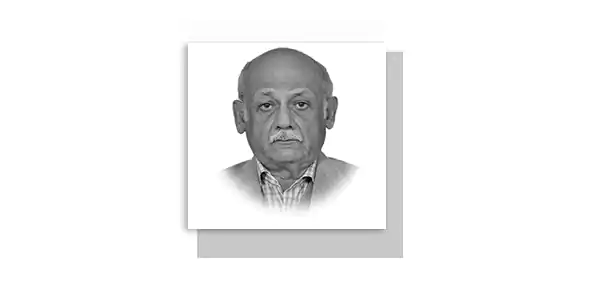A full bench of 15 judges of the Supreme Court of Pakistan headed by the Chief Justice Qazi Faez Isa delivered a historical and landmark decision on Supreme Court Practice and Procedures Bill (2023). The judgment was announced after full five consecutive hearings that were also telecast live for the benefit of the common citizens. The decision was not unanimous but it was 10 judges in favour and five disagreed. This case was taken up by a full bench something that had never been done during the tenure of Justice Omar Ata Bandiyal and it announced judgment that the law was in accordance with the constitution. Supremacy of Parliament has been upheld, the constitution has been respected and justice has been done in letter and in spirit. Hats off to the new CJP Qazi Faez Isa for ensuring the rule of law and acting in accordance with the spirit of the constitution even though this new law will curtail the powers of the Chief Justice hence Faez Isa has voluntarily done away with his own dictatorial powers and upheld the respect and dignity of the constitutional institution that he now heads. According to the verdict, the right to appeal will not apply retroactively. The clause seeking application of the right to appeal on past decisions has been voided with 8-7 majority, while the chief justice dissented from the decision. The right to appeal in decisions of suo motu cases under Article 184(3) has been sustained with a 6-9 majority. This decision also negates the false propaganda unleashed by certain political figures that this is being done to favor certain individuals in view of the coming national elections. The decision does not help or facilitate any political leader. Those who disagreed with the majority judgment were Justice Ijaz Ul Ahsan, Justice Mazahar Naqvi, Justice Muneeb Akhtar and Justice Ayesha Malik.
Parliament of Pakistan passed the Supreme Court Practice and Procedures Bill 2023 on 10th April 2023. This new proposed law was supposed to establish a panel of the senior most judges of the Supreme Court led by the CJP to hear and decide all cases, appeals and issues presented before the apex court. It was no 29th March 2023 the National assembly passed the legislation without referring it to the relevant standing committee. The bill was moved by the then law minister Azam Nazeer Tarar and when the bill was presented to President Arif Alvi who as expected returned the bill to parliament asking for further consideration. This bill was however finally passed by Parliament with some modifications on 10th April 2023 amidst noisy protests and mayhem created by the members of the PTI.
Legal experts and jurists have mostly praised and commended this decision because they believe that this act is a necessary step to streamline the judicial process and to restore the respect and dignity of the Supreme Court. The CJP would be responsible for appointing the other two judges to the committee, and the committee would have the final say on all suo motu notices. This means that the top judge would have a significant influence on the outcome of all cases heard by the Supreme Court.This act is historical and significant because this is a move towards the much needed judicial reform as it makes a number of significant changes to the workings of the Supreme Court. This act requires a three member committee of senior judges to approve all suo motu notices and takes away the absolute powers of the CJP. It establishes a transparent process for formation of benches for hearing important constitutional petitions and gives litigants the right to appeal to the Supreme Court within thirty days of a final order from a lower court. It also requires the SC to hear applications alleging urgency or requesting interim relief within 14 days of filing.
The legal debate over the Supreme Court Practice and Procedures Bill of 2023 is finally laid to rest. This verdict of 10 to 5 by the full bench of the Supreme Court has upheld the prerogative of Parliament to regulate, through simple legislation the powers of the Chief Justice and to enforce procedural changes in the Supreme Court’s decision making process regarding how cases are to be taken up and who is to be assigned different benches. The decision has also removed the chances of Nawaz Sharif or Jahangir Tareen ever holding public office without a reversal of their conviction in a previous case of the Supreme Court.
The Chief Justice has very magnanimously done away with the powers in his office for the greater benefit of the litigants and the judiciary and this is something no CJP in the past has ever done. So this act of the CJP must be praised and appreciated. The nation now expects and hopes that the CJP will now devote his entire attention to clearing the back log of cases piled up in his court. He is also expected to give his immediate attention to many public interest petitions pending in court such as the military trials of civilians and the conduct of elections within the constitutional time frame.
—The writer is Professor of History, based in Islamabad. Email: tariq.aqil@headstart.edu.pk










